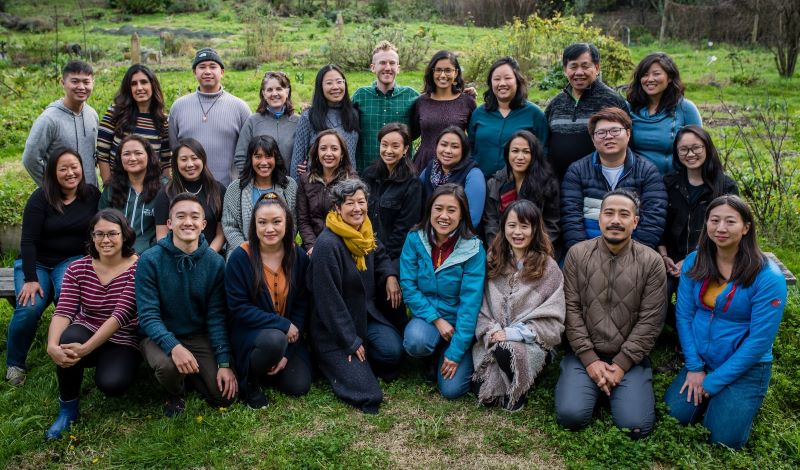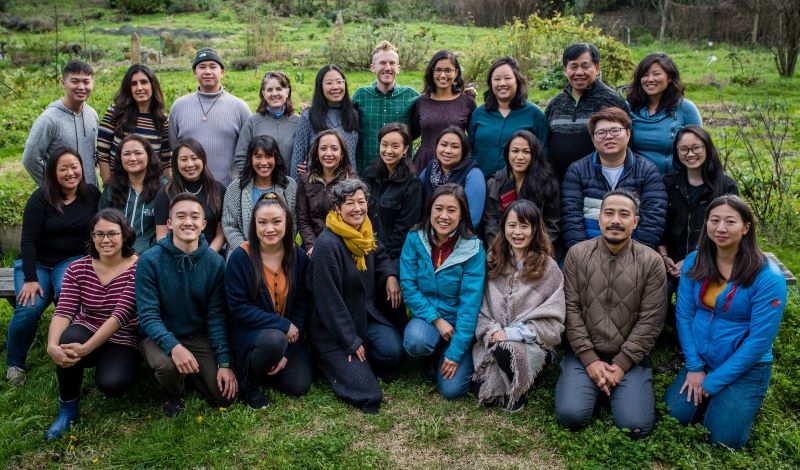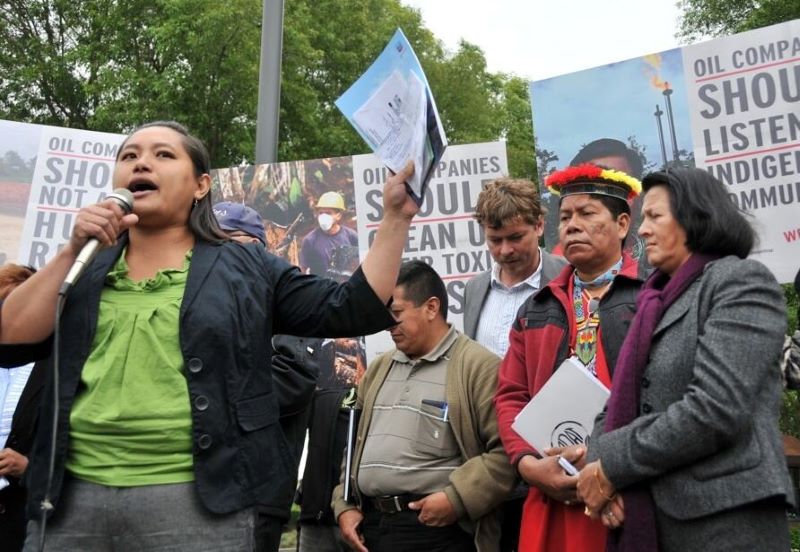
The Asian Environmental Movement
There’s a stereotype of environmentalists as white and wealthy, but it’s a dangerous idea that perpetuates low participation in well-known environmental organizations by people of color. The stereotype is also linked to an ongoing history of ignoring the involvement of those people of color who do work for the environment. A recent Yale survey of racial attitudes about climate change neglected to include Asian Americans. There are many Asian American and Pacific Islander (AAPI) leaders in the mainstream environmental movement, but in the face of widespread erasure, Asian Americans are also forming ecological organizations of their own.
Environmental Attitudes
Environmentalism is consistent with many Asian cultural traditions. Although Yale didn’t ask them, 77% of Asian Americans support stronger federal policies to combat climate change and 86% of Asian Americans (12% more than the overall population) believe immediate action on climate change will provide a better life for their children and grandchildren. In California, the percentage of self-identified AAPI environmentalists is 83%.
Environmental Justice
The model minority myth might tempt some people to believe that Asian-American environmentalists fit into another stereotype – that of the liberal coastal elite. That would explain a stronger understanding of climate science, but the numbers from Pew Research Center tell a much more diverse story. The terms Asian American and AAPI encompass more than 20 different ethnicities, including Hispanic. Economically, 12 of the 19 Asian ethnic groups Pew examined had poverty rates that were as high as or higher than the U.S. average. More than half of the Asians in America live East of the Rockies, with one quarter located in the South.
Whether driven by economics or geography, Asian Americans, like other minority groups, experience environmental injustice. One of the country’s most environmentally sensitive states, Hawaii’s population is 57% Asian. A third of all Asian Americans live in California, which is also vulnerable to rising sea levels and is affected by increasingly severe wildfires. The next largest AAPI populations are found in New York and Texas, both of which have experienced increasingly severe hurricanes as a result of climate change.
Here are some Asian-centered and Asian-led environmental organizations that deserve your support, whatever your race.
Asian Pacific Environmental Network
The Asian Pacific Environmental Network strives to bring environmental justice to Asian immigrant and refugee communities. Recognizing that climate change is equally an environmental, social, political, and economic problem, they are working for the transition from an extractive economy to a just, sustainable one. Their programs confront major pollutors, secure affordable housing, build climate resilience, and mobilize Asian voters.

Jo-Jikum
Among the 30,000 Marshallese who have moved to the U.S. are many climate refugees. A sovereign nation in free association with the United States, the Marshall Islands are extremely vulnerable to rising seas and other impacts of climate change, with limited resources to combat the problem. Jo-Jikum is an islands-based environmental nonprofit that empowers Marshallese youth to create climate solutions and deal with pollution impacting their islands.
350 Pacific
The grassroots climate justice movement 350 Pacific fights climate change from the Pacific Islands together with their diaspora. They work with a network of partner organizations to demand the reduction of greenhouse gas emissions and pollution, and protection of Pacific Islands culture and marine habitats. They work directly with youth in programs providing both environmental and cultural education.
Asia Foundation
The Asia Foundation is a nonprofit international development organization committed to improving lives. Although the branch of their staff that is based in the U.S. is disproportionately white, their in-country leadership is predominantly Asian. The Asia Foundation does environmental work to improve natural resource management, climate resilience, and sustainable development with a focus on energy resources in 18 countries in the Asia-Pacific region.
Chicago Asian Americans for Environmental Justice
CAAEJ is a progressive group in the greater Chicago area that works to provide an Asian-American voice in the environmental movement. They work on urban garden soil contamination and other localized environmental justice issues. They also support land use environmental justice elsewhere in the country in solidarity with other communities.
Filipino American Coalition for Environmental Solidarity
FACES works for environmental justice for communities in the United States and in the Philippines. They build community and international solidarity through intergenerational cultural education and advocacy work. Programs include community gardens, youth internships, and educational events.

KAHEA
Hawaii is a vulnerable tropical paradise. KAHEA, the Hawaiian Environmental Alliance, advocates for the stewardship of resources and for social responsibility by promoting multi-cultural understanding and environmental justice. Working throughout the islands, they take action to protect the ecological integrity of mountains and sea; to preserve the lands and cultural rights of indigenous people; and to maintain functioning, sustainable food systems.
Sunrise Movement
The Sunrise Movement is a youth-led and youth-centered network fighting climate change. Although a part of the mainstream environmental movement rather than specifically centering Asian voices, the Sunrise Movement was cofounded in 2017 by Varshini Prakash, a young American woman of Indian descent.